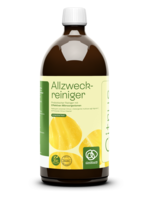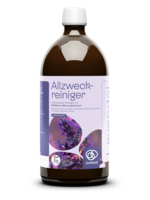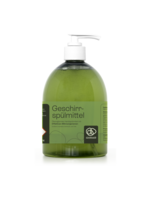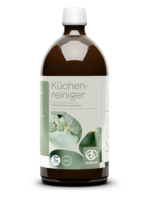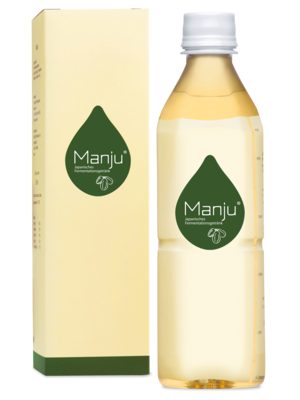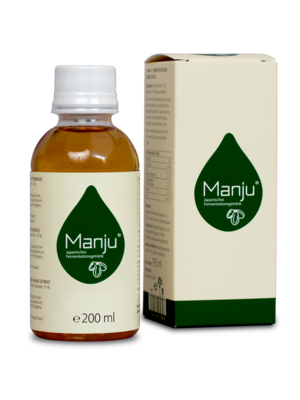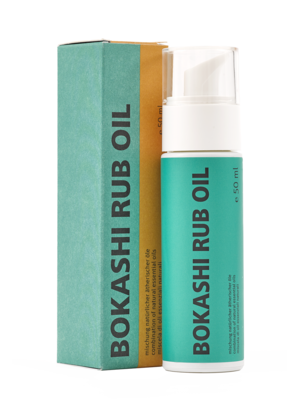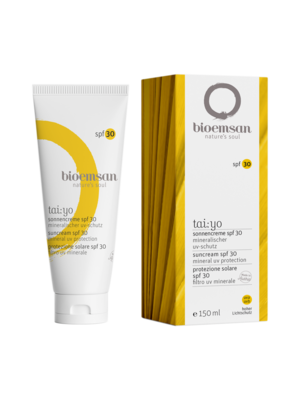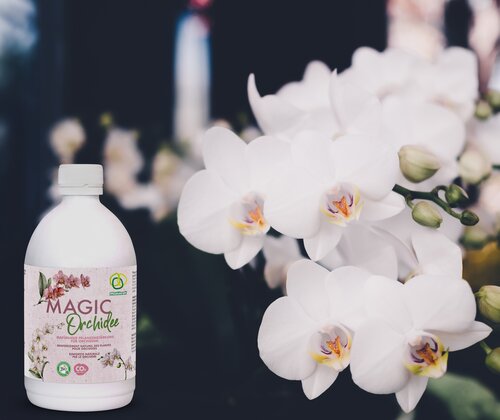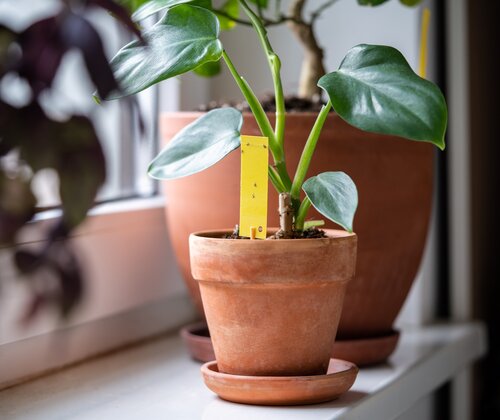
Self-sufficiency: "The own garden is not the essential!"
Katharina Sützl sees self-sufficiency as a comprehensive concept that includes one's own garden as well as one's own body and a functioning network. When she started baking bread in 2008, she had no idea that ten years later she would be offering various courses on bread baking, self-sufficiency and other topics. The Salzburg native always emphasises the appreciation of nature and food and gives practical tips on how self-sufficiency can succeed.

The property on which Katharina Sützl lives with her husband Wolfgang in Elixhausen, north of the city of Salzburg, is not exactly huge at around 570 m² and offers only limited gardening possibilities. But for the trained hairdresser, self-sufficiency does not mean that you have to grow everything yourself anyway: The key, she says, is to have a good network so that you can get all the good basic products regionally. "Having your own garden is not the most important thing," she stresses, but it can't hurt to be able to do some things yourself. Katharina Sützl is now a certified herb and self-sufficiency educator and offers courses that go far beyond planting vegetables.
The property on which Katharina Sützl lives with her husband Wolfgang in Elixhausen, north of the city of Salzburg, is not exactly huge at around 570 m² and offers only limited gardening possibilities. But for the trained hairdresser, self-sufficiency does not mean that you have to grow everything yourself anyway: The key, she says, is to have a good network so that you can get all the good basic products regionally. "Having your own garden is not the most important thing," she stresses, but it can't hurt to be able to do some things yourself. Katharina Sützl is now a certified herb and self-sufficiency educator and offers courses that go far beyond planting vegetables.
From beekeeping to baking bread: a varied offer
Katharina Sützl began her journey into the world of self-sufficiency with beekeeping and her own chickens. In 2008, she added her own bread oven. "Since then, I have never bought bread from the supermarket again. I want to be able to determine for myself what is in the food I consume," says the self-supporter, who offers plenty of bread baking courses, also for men. So in her charming bakery she now also offers courses on wild herbs and fermentation.
Effective microorganisms for sustainability
Sützl swears by Multikraft products in a wide variety of areas, such as Roots in the garden, Multikraft cleaner for cleaning, Multi Impuls, Manju and the probiotic bioemsan Naturgesundheit for her own body. But of course also for bee health. "We have 30 bee colonies and so far have never had any problems with bee diseases or winter failures," says the beekeeper, who tries to treat her hives as gently as possible to prevent the Varroa mite. "In addition, we strengthen the bees by spraying EMa on the approach board and in the hive nappy and add it to the feed in summer when we do the feeding after the honey harvest, because bees have lactic acid to process and Effective Microorganisms promote bee health."
Sützl swears by Multikraft products in a wide variety of areas, such as Roots in the garden, Multikraft cleaner for cleaning, Multi Impuls, Manju and the probiotic bioemsan Naturgesundheit for her own body. But of course also for bee health. "We have 30 bee colonies and so far have never had any problems with bee diseases or winter failures," says the beekeeper, who tries to treat her hives as gently as possible to prevent the Varroa mite. "In addition, we strengthen the bees by spraying EMa on the approach board and in the hive nappy and add it to the feed in summer when we do the feeding after the honey harvest, because bees have lactic acid to process and Effective Microorganisms promote bee health."
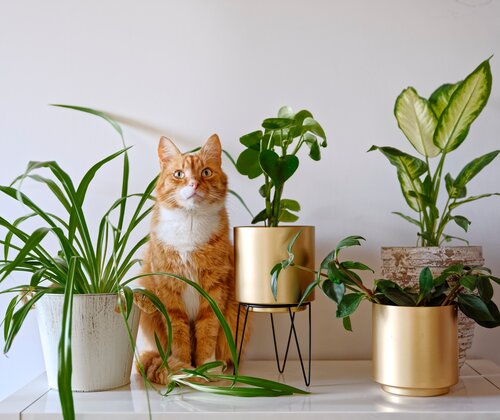
Cat owners who want to give their home a green flair with houseplants often ask themselves anxiously: Which plants are safe for my furry companions? Don't worry, there are plenty of non-toxic options that not only purify the air, but also leave our curious four-legged friends in peace. Here are five beautiful and cat-safe houseplants that will brighten up your home without putting your furry friends in danger.
